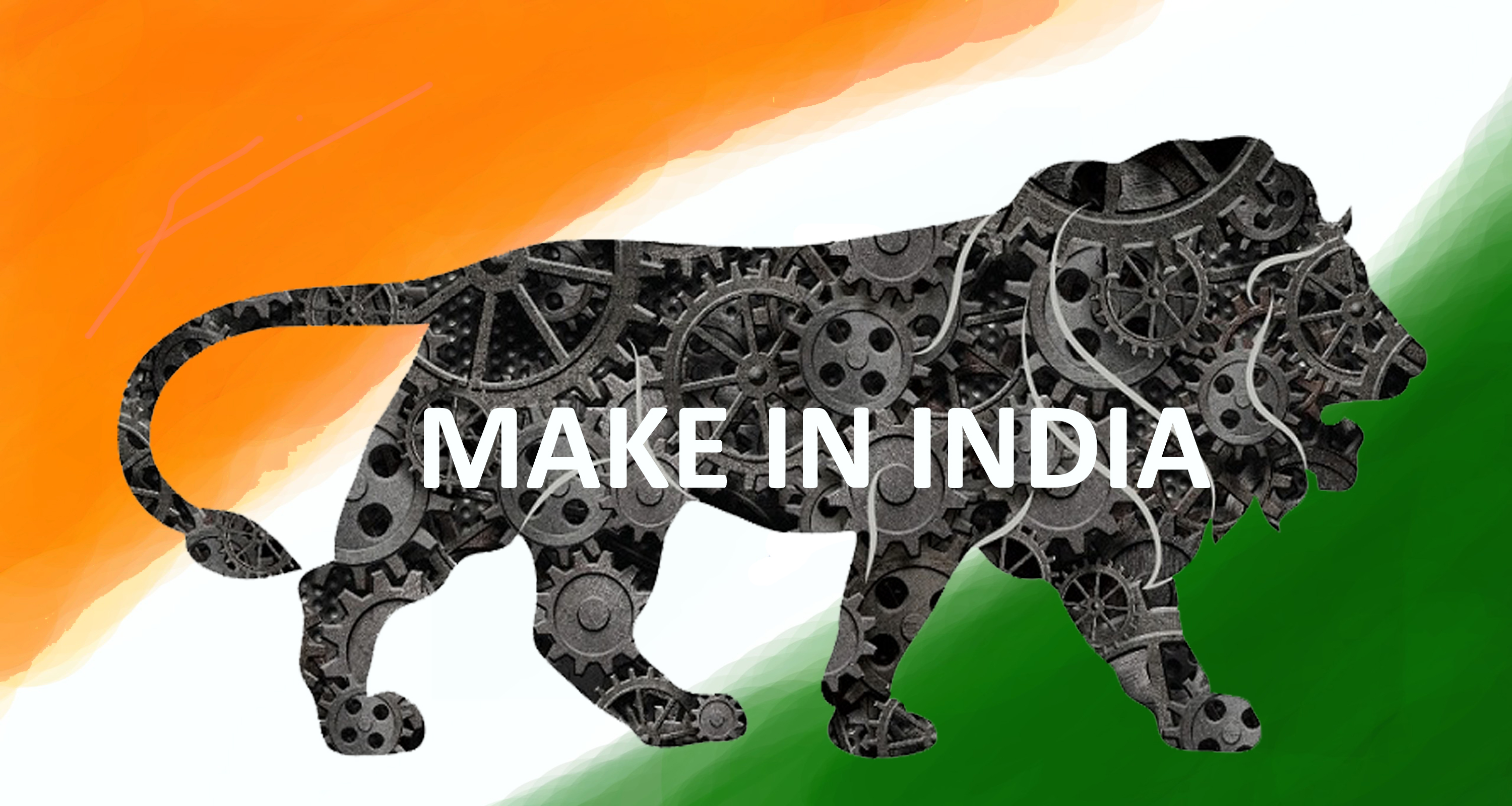The Indian electronics industry lost one of its most pioneering figures with the passing of TPG Nambiar, founder of BPL, on Thursday morning. Known widely as TPG, Nambiar was 94 and had been unwell for some time. His passing marks the end of a remarkable legacy that saw BPL emerge as one of India’s most recognized electronics brands, a household name that helped define Indian consumer electronics during the 1980s and 1990s.
Who Was TPG Nambiar?
TPG Nambiar, known for his vision and entrepreneurial spirit, founded BPL, a company that grew from a small manufacturer of precision instruments to a major player in the consumer electronics sector. TPG’s contribution to the Indian industry went beyond merely establishing a business; he was instrumental in developing the electronics ecosystem in India, laying the groundwork for what would become a thriving domestic market. Known for his straightforward yet pioneering approach, Nambiar became a respected name not only in the business community but also among Indian households that embraced BPL products.
Apart from his professional achievements, TPG Nambiar is also remembered for his personal connections. He is the father-in-law of BJP leader and former Union Minister Rajeev Chandrasekhar, a notable political figure who has shared his condolences publicly.
BPL’s Rise in the Indian Market
TPG Nambiar founded BPL (British Physical Laboratories) in 1963, initially focusing on manufacturing precision measuring instruments. Over the next few decades, he broadened the company’s horizons, shifting towards consumer electronics. By the 1980s, BPL had become synonymous with high-quality televisions, audio equipment, and home appliances. The company’s TVs, in particular, became an emblem of Indian middle-class aspiration. The ‘BPL’ logo on products became a mark of quality and reliability, cementing TPG’s legacy as a visionary in the Indian electronics space.
Under TPG Nambiar’s leadership, BPL capitalized on India’s burgeoning demand for consumer electronics during the liberalization period. With a keen focus on quality and competitive pricing, BPL rapidly gained market share and established a loyal customer base. By the mid-1990s, the company was considered a market leader, competing with global brands and setting the standard for Indian electronics companies.
What Led to BPL’s Decline?
Despite its initial success, BPL eventually faced challenges as the consumer electronics market in India evolved. The early 2000s saw the entry of numerous global brands into the Indian market, bringing with them aggressive marketing strategies and cutting-edge technology. The competition intensified, and BPL found itself struggling to maintain its market share. As companies like Samsung, LG, and Sony introduced advanced technology and offered competitive prices, BPL struggled to keep up with the rapid pace of innovation and the shift in consumer preferences.

Additionally, internal management issues and changing consumer trends made it difficult for BPL to retain its dominant position. The company eventually diversified its business, entering sectors like healthcare and energy, but never quite regained the stronghold it once had in consumer electronics.
How Did TPG Nambiar’s Vision Influence Indian Electronics?
TPG Nambiar’s leadership style was both visionary and pragmatic. He understood the aspirations of India’s middle class and aimed to provide them with quality products at reasonable prices. In a market dominated by foreign brands, BPL was an indigenous brand that resonated with the Indian ethos. Nambiar’s emphasis on quality, paired with his strategic decisions to expand the product line and invest in manufacturing capabilities, helped build consumer trust.
BPL’s rise also had an economic impact, contributing to job creation and the development of ancillary industries. Through BPL, Nambiar laid the foundation for other Indian entrepreneurs in the electronics sector, demonstrating that it was possible to build a successful electronics brand domestically. This influence can still be seen today as India continues to strengthen its electronics manufacturing sector under various government initiatives.
Tributes and Reflections on TPG Nambiar’s Legacy
Following TPG Nambiar’s passing, many prominent figures have come forward to honor his legacy. Former Chief Minister B.S. Yediyurappa expressed his sadness on social media, sharing his condolences and reflecting on Nambiar’s significant impact on the Indian market. “Saddened by the passing of Shri TPG Nambiar, founder of the iconic BPL brand, who has been a close acquaintance for a long time. Shri Nambiar’s enormous contributions and legacy will always be remembered. My heartfelt condolences to his loved ones,” he said.
This sentiment reflects the widespread respect and admiration for Nambiar’s contribution to Indian industry. His work has left an indelible mark on the consumer electronics landscape, and BPL’s legacy continues to evoke nostalgia and respect among those who remember its heyday.
What Does TPG Nambiar’s Passing Mean for BPL’s Legacy?
While BPL no longer holds the market dominance it once enjoyed, TPG Nambiar’s impact on the Indian electronics industry remains significant. BPL’s success demonstrated the potential for Indian brands in a market dominated by global players and set a precedent for local manufacturing. As India now shifts its focus toward “Make in India” initiatives, Nambiar’s vision for self-reliant electronics production is more relevant than ever.

BPL’s transformation from a precision instruments company to a consumer electronics giant exemplifies the potential of Indian entrepreneurship when paired with vision and perseverance. Although BPL’s influence has waned, the brand’s legacy, built on TPG Nambiar’s ideals, continues to inspire Indian companies aiming to make their mark on the global stage.
Conclusion: The End of an Era for Indian Electronics
TPG Nambiar’s passing marks the end of an era for BPL and Indian consumer electronics. While BPL’s golden days may be a memory, the pioneering work of TPG Nambiar laid the foundation for India’s electronics industry. His vision not only transformed BPL into a household name but also set an example for Indian entrepreneurship in a field traditionally dominated by foreign companies.
As India continues to innovate and grow in the electronics sector, Nambiar’s legacy serves as a reminder of the country’s potential. The impact of BPL, particularly in the 1980s and 90s, shows how a single brand can influence an industry and inspire generations.


